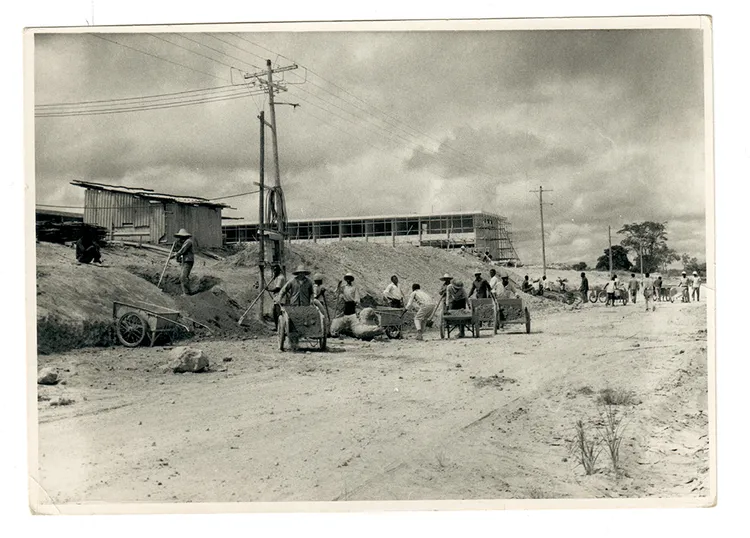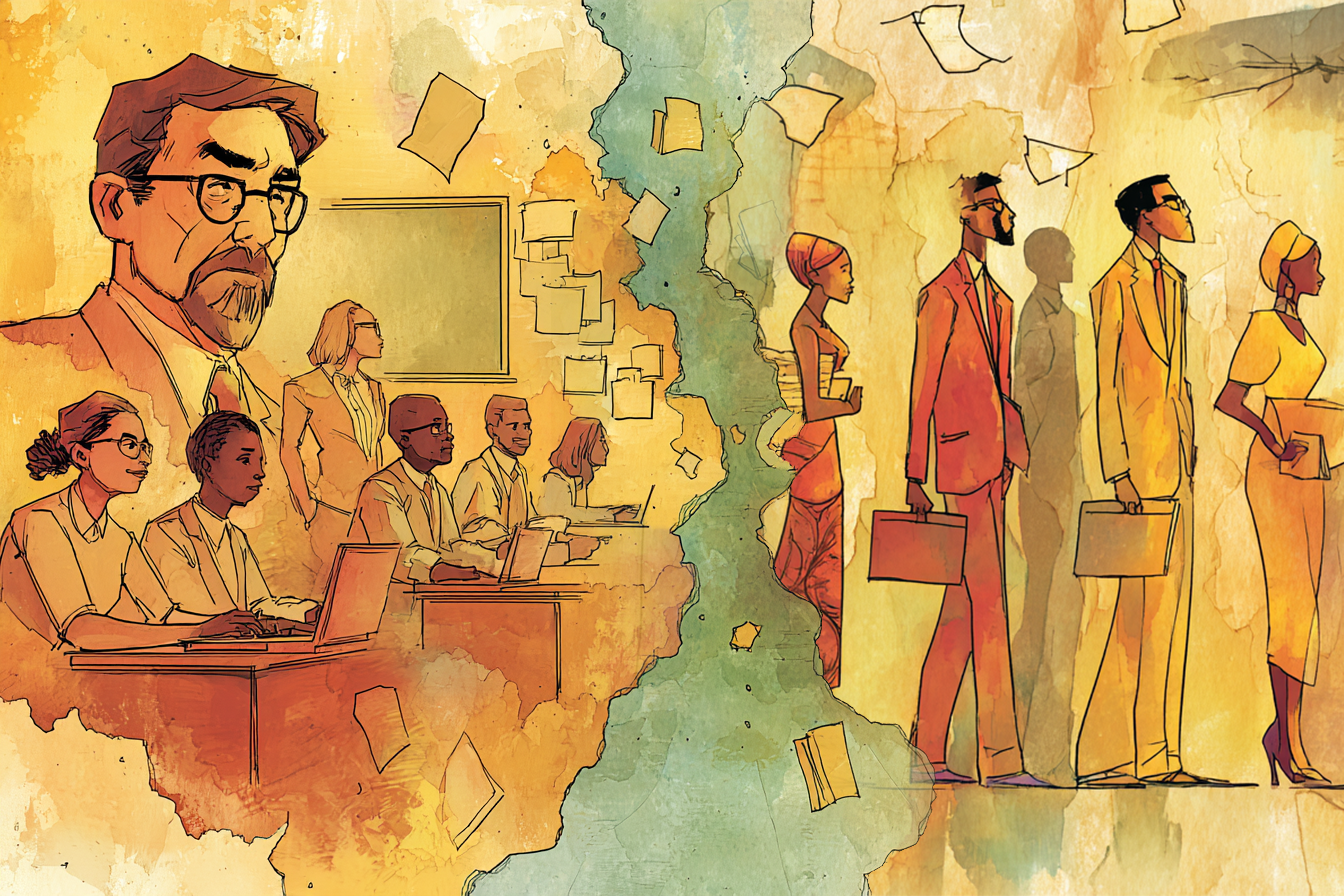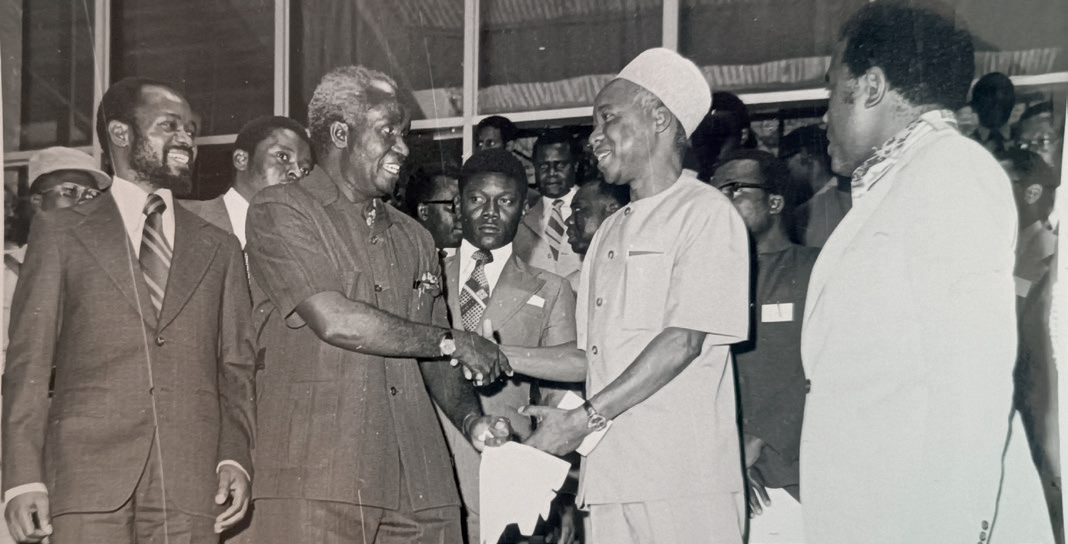Zambia is a product of its workforce. From the ladies who sweep the streets in the wee hours of the morning to the leaders of the nation, everyone matters. Every year on 1st May, Zambia stands in solidarity with the rest of the world to celebrate Labour Day, a day that honours the dedication and contributions of the country’s workforce. This day means more than just parades and speeches, it stands for the fights workers have won over many years. Things we take for granted now, like fair pay, retirement benefits, maternity leave, and help when workers get hurt, weren't always available to Zambian workers.
The Historical Significance of Worker's Day
People call it Workers' Day or Labour Day, but either way, it began when workers around the world stood up against poor treatment. They demanded fair pay and better conditions. In Zambia's history, worker’s rights are closely intertwined with the struggle for independence from colonialism. They were subjected to discrimination, poor pay, and harsh conditions in mines and other industries. Worker groups were instrumental in the fight for independence, and after Zambia became free in 1964, Zambia’s ruling bodies ensured improvement of working conditions across the board.
Today, groups like the Zambia Congress of Trade Unions (ZCTU) and the Federation of Free Trade Unions of Zambia (FFTUZ) keep fighting for better conditions, fair wages, and legal protections. Their hard work helps ensure that laws that help protect workers are enforced and protect them from exploitation.

Maternity and Paternity Leave: Recognising Family Needs
One of the benefits of formal employment in Zambia is getting time off for family. Women get 16 weeks of paid maternity leave, which gives them time to recover and bond with their new babies. Men only get five days for paternity leave. While this is better than nothing, it's not enough time for dads to really help out with a new baby. Many people think this should be longer since families need both parents involved. Some companies, like Standard Chartered Zambia, are leading the way by giving paid parental leave of over 4 months, regardless of gender, for a more inclusive work environment.
Mother’s Day: A Unique Acknowledgement of Women’s Health
Zambia does something unusual that few other countries do - we give women a day off each month called "Mother's Day". This isn't the holiday where you buy your mom flowers. Instead, it's time off for women to take care of their reproductive health. This shows that our country understands women sometimes need time off for period pain or other female health issues, which is pretty forward-thinking.
Social Security and Workplace Protections
National Pension Scheme Authority (NAPSA)
Through NAPSA, Zambian workers save money for when they retire. This helps make sure they'll have some financial security when they're older. The pension program offers retirement funds, benefits for families of workers who die, and support for people who become disabled and can't work anymore.

Workers’ Compensation Fund Control Board (WCFCB)
No one goes to work thinking they'll get hurt, but accidents happen. The Workers' Compensation Fund makes sure employees who get injured at work receive medical treatment, some of their wages while they recover, and help if they're permanently disabled. Families of workers who die on the job also receive compensation to help them cope during a tough time.
National Health Insurance Management Authority (NHIMA)
Unforeseen illness can wipe out a family's savings, but NHIMA provides medical coverage for registered workers. This means they can get treatment at certain hospitals and clinics without paying the full cost themselves. The goal is to make healthcare more affordable for everyone who works.

Why Worker's Day Matters
In spite of challenges such as poor pay in some sectors and the lack of worker’s protection in the informal sector, Zambian workers have come a long way. The rights and protections we have today didn't come easy. Workers' Day reminds us of how much progress we've made. It celebrates people's determination and the basic idea that every worker deserves respect, fair treatment, and the ability to provide for their families.








